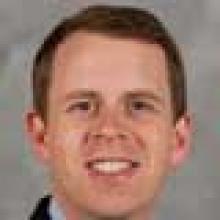About this video
As every researcher knows, the path to getting published isn’t always smooth. In fact, there can be plenty of bumps along the way! In this webinar recording, we hear from Professor Carsten Sievers, who has published more than 40 peer-reviewed papers. He has also evaluated hundreds of submissions in his role as Editor of the journal Applied Catalysis A: General, so he has plenty of helpful tips for those starting out on a publishing career.
Professor Sievers looks at what makes a strong manuscript, and the importance of good storytelling. He then turns his attention to article structure and runs through each of the building blocks in turn. And, he advises on writing style before sharing a detailed guide to manuscript language. Publisher Dr. Lily Khidr then joins him for a lively Q&A.
You’ll come away with an insight into what it takes to get your manuscript publication-ready and you will learn how to view it through the eyes of editors and reviewers.




